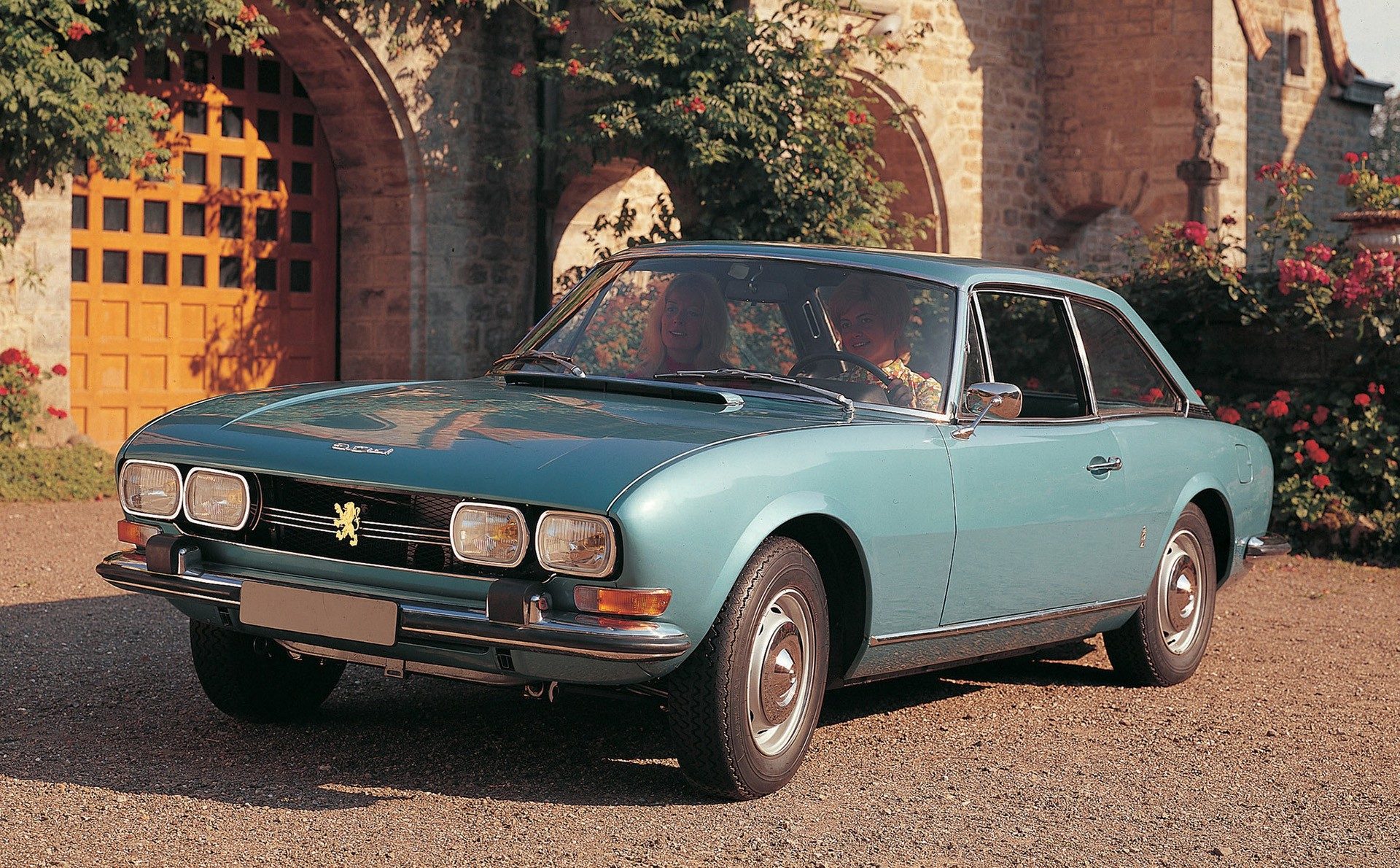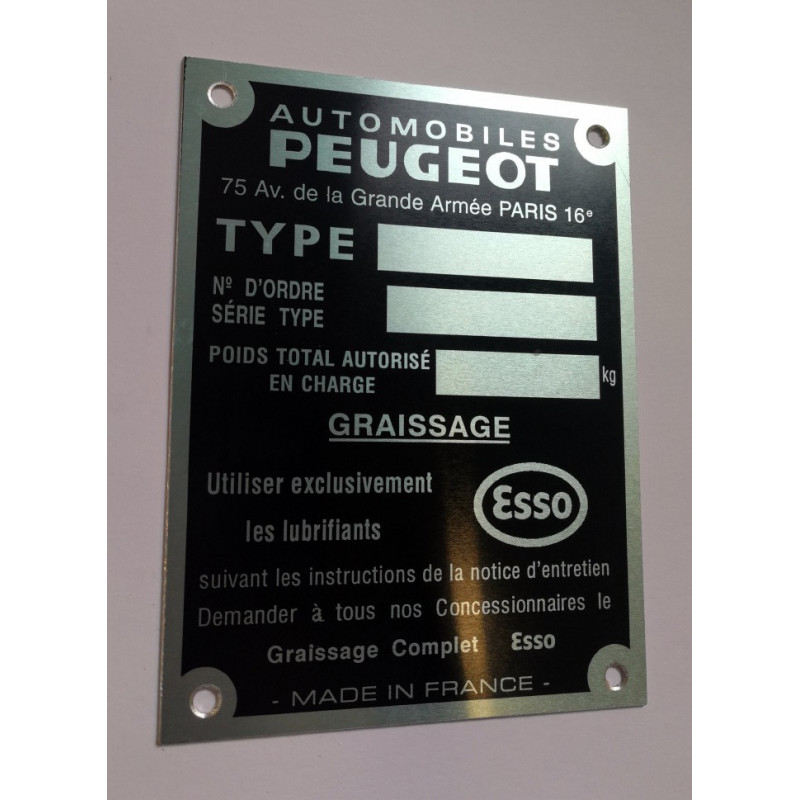 Peugeot is a French car manufacturer that has a long and rich history dating back to 1810. The company was founded by Jean-Pierre Peugeot, who began by manufacturing steel products such as saw blades and coffee grinders. In 1858, Peugeot decided to branch out into the world of automobiles and began producing bicycles.
Peugeot is a French car manufacturer that has a long and rich history dating back to 1810. The company was founded by Jean-Pierre Peugeot, who began by manufacturing steel products such as saw blades and coffee grinders. In 1858, Peugeot decided to branch out into the world of automobiles and began producing bicycles.
In 1889, Peugeot introduced its first automobile, the Type 1. This was a tricycle that was powered by a steam engine. However, the company soon realized that the future of transportation was in gasoline-powered vehicles and began to focus on developing internal combustion engines. In 1891, Peugeot introduced its first gasoline-powered car, the Type 2. This was a four-wheeled vehicle that was powered by a gasoline engine and had a top speed of 15 miles per hour.
In the early years of the 20th century, Peugeot continued to develop and improve its cars. In 1901, the company introduced the Type 3, which was a four-wheeled car that was powered by a four-cylinder engine. This was followed by the Type 4 in 1906, which was a six-cylinder car that was capable of reaching speeds of up to 40 miles per hour.
During World War I, Peugeot shifted its focus to the production of military vehicles and weapons. However, after the war, the company returned to the production of automobiles and introduced the Type 177 in 1919. This was a six-cylinder car that was powered by a 3.5-liter engine and had a top speed of 60 miles per hour.
In the 1920s and 1930s, Peugeot continued to innovate and improve its cars. In 1924, the company introduced the Type 174, which was a six-cylinder car that was powered by a 3.5-liter engine and had a top speed of 75 miles per hour. In 1929, Peugeot introduced the Type 401, which was a luxury car that was powered by a six-cylinder engine and had a top speed of 85 miles per hour.
During World War II, Peugeot's production was again focused on military vehicles and weapons. However, the company was able to continue producing a small number of automobiles during this time. In 1944, Peugeot introduced the Type 202, which was a small car that was powered by a four-cylinder engine and had a top speed of 55 miles per hour.
In conclusion, Peugeot is a company with a rich history dating back to 1810. The company has been through many changes throughout the years but has always remained true to its roots by continuously innovating and improving its cars. Peugeot has been an important part of French automotive history and has played a significant role in shaping the industry.
In the immediate aftermath of the war, Peugeot struggled to resume production due to a lack of resources and the destruction of its factories. However, the company was able to begin producing a limited number of vehicles by 1947, and by the early 1950s, it had fully resumed production of its pre-war models.
During this period, Peugeot focused on producing small, affordable cars that could meet the needs of the French market. One of the most successful model
s from this time was the 203, which was in production from 1948 to 1960 and sold over 1.4 million units.
In the 1960s, Peugeot began to expand its product line and venture into new markets. The company introduced its first luxury car, the 404, in 1960, and began exporting vehicles to other countries in Europe and beyond. In the 1970s, Peugeot also began to focus on developing more fuel-efficient cars, which helped the company stay competitive in the wake of the oil crisis.

The 1980s and 1990s were a time of significant change and growth for Peugeot. In 1983, the company merged with Citroen to form PSA Peugeot Citroen, which became one of the largest car manufacturers in Europe. During this period, Peugeot also began to expand its presence in other regions of the world, particularly in Asia and Africa.
In recent years, Peugeot has continued to innovate and evolve. In 2016, the company announced a plan to launch a new line of electric and hybrid vehicles, and in 2018 it unveiled the e-208, its first fully electric car. Peugeot is also currently working on developing new technologies and advanced features for its vehicles, such as autonomous driving capabilities.
Overall, Peugeot has come a long way since the end of World War II. Despite facing many challenges along the way, the company has managed to adapt and evolve to meet the changing needs of the market and remain a major player in the global automotive industry.
